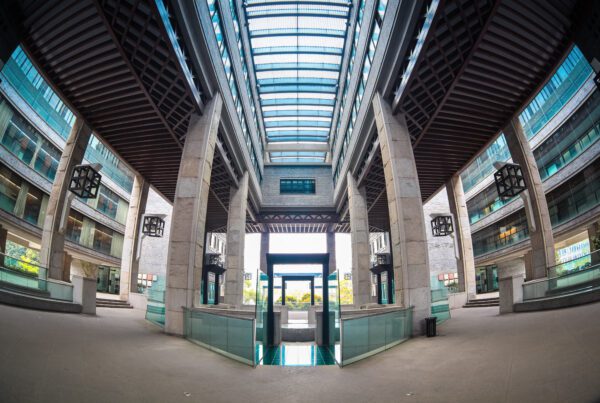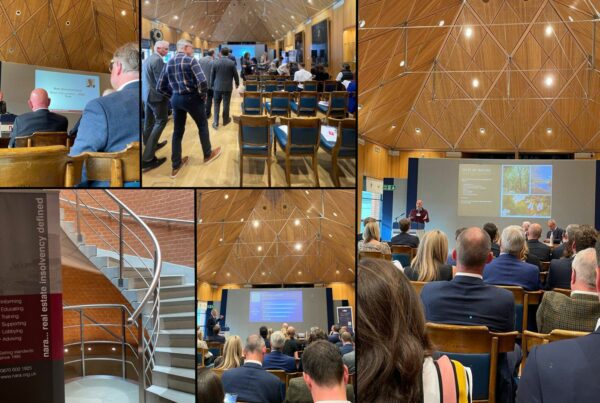The UK housing sector has been remarkably resilient over the last few years. While the worldwide pandemic of course had an impact, the war in Ukraine, rising inflation/energy bills alongside talk of the next economic downturn are now starting to influence the market.
Lending Rates Edging Upwards
On Thursday the 5th of May the Bank of England (BoE) increased the Base Rate from 0.75% to 1%. SONIA, the replacement to LIBOR is based on actual overnight interest rates in active and liquid wholesale cash and derivative markets, making it more robust and less volatile than LIBOR.
Many commercial lenders track either the Base Rate or SONIA, so increases here inevitably have a direct effect on the cost of borrowing. Some lenders follow their own benchmark, which needs to be considered carefully. Other lenders are funded in a way where they can fix their rates (for a period). It is therefore vital that any borrower understands how their funding partner applies interest and if it could change during the loan term. It is also important to understand whether the lender is offering a committed or on-demand facility.
Whilst the press gets worked up about “rate rise, after rate rise” we must have some perspective and remember that the BoE Base Rate is still quite low as is the cost of money. We would do well to remember back to the mid-teen rates that we saw in the 1970s and 1980s, so a 1% base rate isn’t all bad..
A shakeup in the market is arguably sometimes a good thing and lenders have been announcing new fixed and tracker style products alongside rises. These are useful tools that borrowers can utilise to minimise the impact of interest rate rises.
Increasing Cost of Materials
The Construction Leadership Council (CLC) has warned that over the last three months inflation has increased by 10-15% on materials prices. This is likely to drive up the cost of materials impacting developers and contractors across the country. It is more important than ever that when a developer/contractor/QS prices a build that a healthy contingency is factored in.
Inflation Rises (and the cost of energy)
The cost of steel, cement, glass and other energy-intensive products are all expected to increase because of the energy crisis. And the increase in the price of raw materials in March was the highest in six months, which could constrain the availability of certain products.
Potential Economic Downturn
A stopped clock is right twice a day.
Whilst nobody truly knows when the next recession will be until it’s already upon us, we should bear in mind the differences between 2007/8 and 2022. Much of the damage caused by the ‘08 crash was because the banking sector got it very wrong, particularly with subprime mortgages and overleveraging without holding adequate liquidity reserves. Things have since changed and regulation increased, and whilst not perfect, liquidity shouldn’t be an issue this time around.
UK Property Prices
According to the Nationwide Housing Index House price growth slows in April but remains in double digits (12.1% down from 14.3%). A slow down should be expected given the increased pressure on wages given inflation in the wider economy, but for now at least growth is still on the cards. Whilst there are some challenges on the horizon, market turbulence and uncertainty create opportunities that don’t normally exist which can be very beneficial. The winners in these situations will be those who take a long term view on the market, and a long term view is always the answer.
Director, James Mole adds, ‘Whilst there are some challenges on the horizon, market turbulence and uncertainty create opportunities that don’t normally exist which can be very beneficial. The winners in these situations as ever, will be those who can react and adapt quickly to change, while maintaining a positive long term view.’
About J3 Advisory:
At J3, we recognise the fragmented nature of real estate and our mission is to make insurance and funding work for our clients. Our strength lies in understanding exactly what our clients want to achieve and giving them exactly what they need. We deliver pragmatic, connected and unconflicted advice that saves time and positively impacts their bottom line.
For more advice around the best way to protect and enable your forthcoming schemes, call us on 020 3096 0718 or fill in our enquiry form online.





